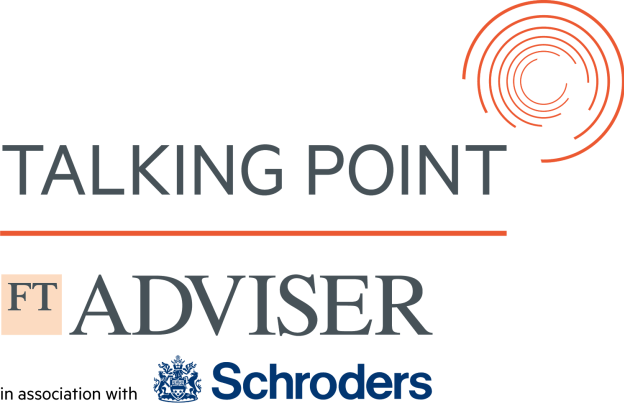
Failure to clarify lines of responsibility when outsourcing can pose risks to advisers and their clients, a director at the Tenet Group has warned.
Helen Ball, group distribution and development director for the Tenet Group, said: "It must be clear which responsibilities are held by the adviser and which by the discretionary fund manager (DFM), and that this is well documented in the tripartite agreement.
"Failure to have clarity can lead to the customer not getting the service they are paying for as both the adviser and DFM may assume that certain tasks will be done by the other."
Although there is a marked trend towards outsourcing clients to DFMs, Ms Ball said another concern was cost. She explained: "As with anything, it can be assumed extra services like the ability to bespoke or manage CGT, are better to have than not.
"However, everything has a price and it’s important not to place the client in a more expensive DFM solution when a multi asset fund would have met their needs. Also, discretionary fund management is a service, therefore VAT is payable on everything and it is important this is taken into account when looking at costs."
She said there had been a rise in the number of DFMs which have unitised some of their model portfolios to avoid capital gains tax (CGT) on trades, remove VAT and slightly lower costs.
However, she added while this does solve those problems, it also raises the question of how the unitised DFM is any different from standard multi asset fund. She commented: "The adviser needs to be very aware of what additional benefits it has, if any, that are appropriate for their client for the extra cost."
But according to Lawrence Cook, business development director for Thesis Asset Management, outsourcing can bring several benefits to an advisory firm.
He outlined these as:
- Improve profitability.
- Grow the business.
- Enhance client care.
- Deliver consistent outcomes.
Mr Cook commented: "The improved profitability comes from opportunity costs and the cost to serve. When the adviser is not using a DFM, the firm has to commit to work to support the investment solution. This is likely to mean research, updating the advisory model on the firm's systems and updating the individual client portfolio, which can often involve administration that requires the client's interaction.
"Time and resource spent on the above is time and resource that could be spent on something more revenue-generative, such as spending time with clients, winning new work and networking, for example."
Despite her concerns over risk and cost, Ms Ball agreed there were "definitely benefits" to outsourcing to a DFM but only "for the right clients".
She added: "For those with specific requirements, the ability to bespoke the selected investment strategy to individual clients’ requirements can result in a personalised service the client really values.

"This can be specifically including certain assets, like a sentimental shareholding, or specifically not including assets about which the client has strong feelings.





